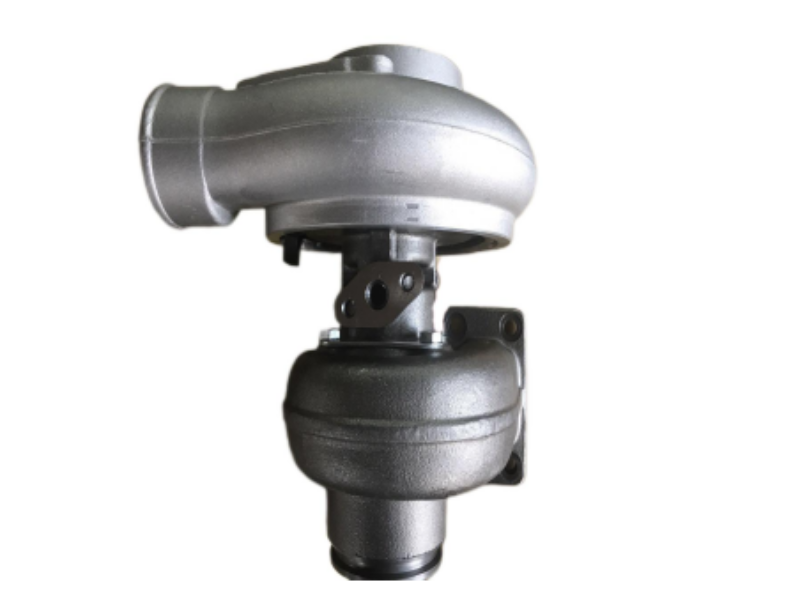How does a turbocharger on a diesel engine go bad?
Turbochargers on diesel engines can fail for a number of reasons, usually due to improper maintenance, excessive wear, or misuse. This article uses the HX35 Turbos as an example, and the following are common reasons:
Lack of oil:
HX35 Turbos rely on a steady supply of clean, high-quality oil to lubricate their moving parts. If the oil supply is insufficient or the oil is contaminated, it will cause friction and wear on the turbine bearings, leading to premature failure.
Oil Contamination:
Over time, engine oil can become contaminated with dirt, debris, or carbon deposits. If these contaminants enter the HX35 Turbos, they can damage the turbine and compressor blades, causing poor performance or failure.
Overheating:
The HX35 Turbos operate in a hot environment. If the cooling system is not functioning properly, or the engine is running too hot, the turbocharger can overheat, causing damage to seals, bearings, and other components.
Improper Maintenance:
Failure to perform regular maintenance, such as changing the oil or air filter, can allow dirt and debris to enter the HX35 Turbos and clog the intake or exhaust sides, reducing performance or damaging the turbocharger.
Too High Boost Pressure:
If the diesel engine's boost pressure is set too high, it can put too much stress on the HX35 Turbos, causing components to overwork, which can lead to failure.
Foreign Object Damage (FOD):
Small debris, dust, or other foreign objects can enter the HX35 Turbos, especially if the air filter is damaged or clogged. These particles can damage the turbine blades and compressor, causing imbalance or inefficiency.
Worn Seals:
The seals on the turbocharger prevent oil and air from mixing. Over time, these seals can wear, allowing oil to enter the intake or exhaust ports, causing oil leaks, excessive smoke and poor engine performance.
Insufficient Cooling Time:
After the diesel engine with HX35 Turbos is shut down, the turbine continues to spin due to residual heat. If the engine is shut down too soon after heavy use, the turbo may not have enough time to cool, causing heat damage to the bearings and seals.
To avoid these problems, regular maintenance, such as changing the oil, checking the air filter and monitoring engine performance, can help extend the life of the turbocharger.

